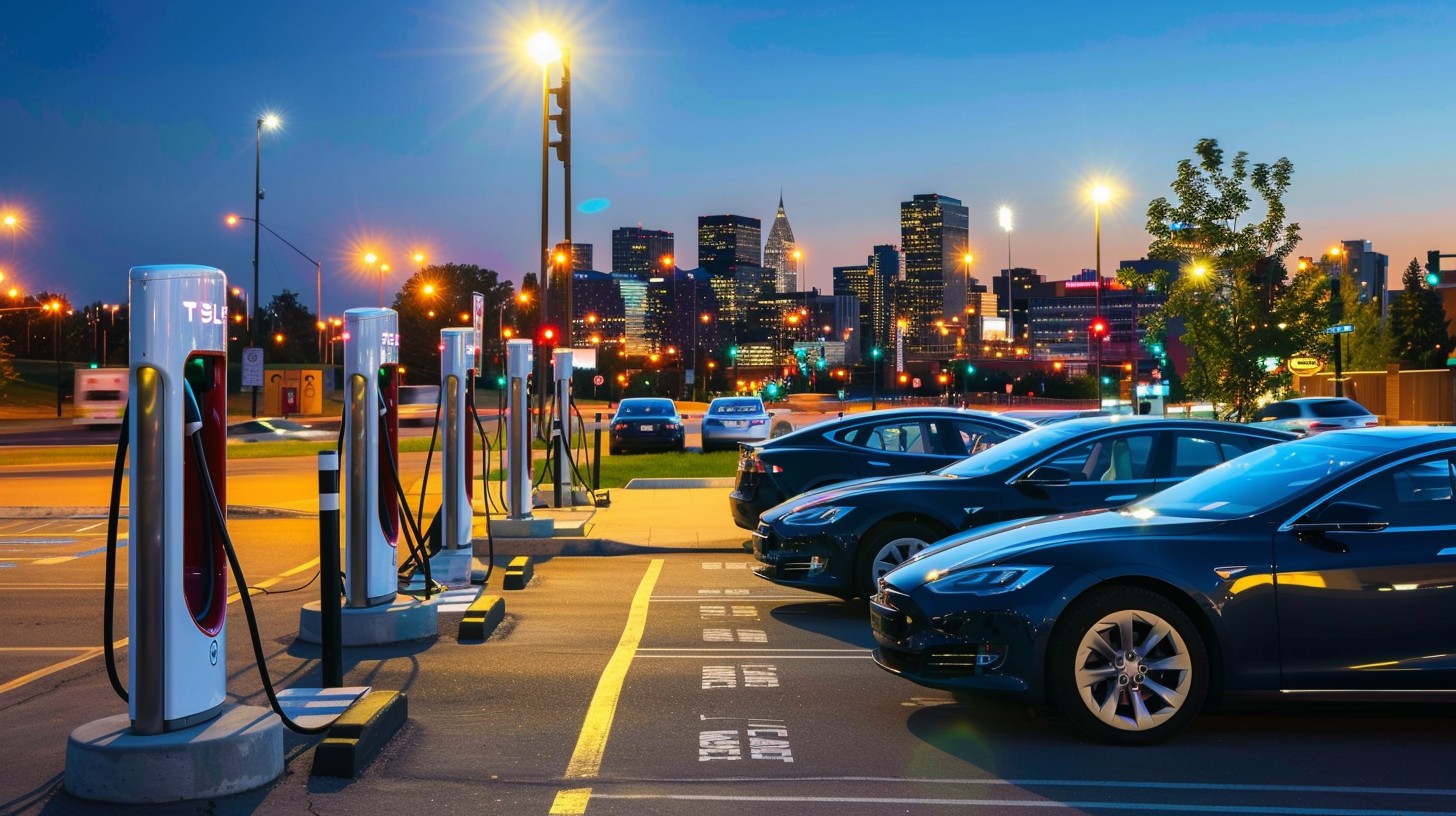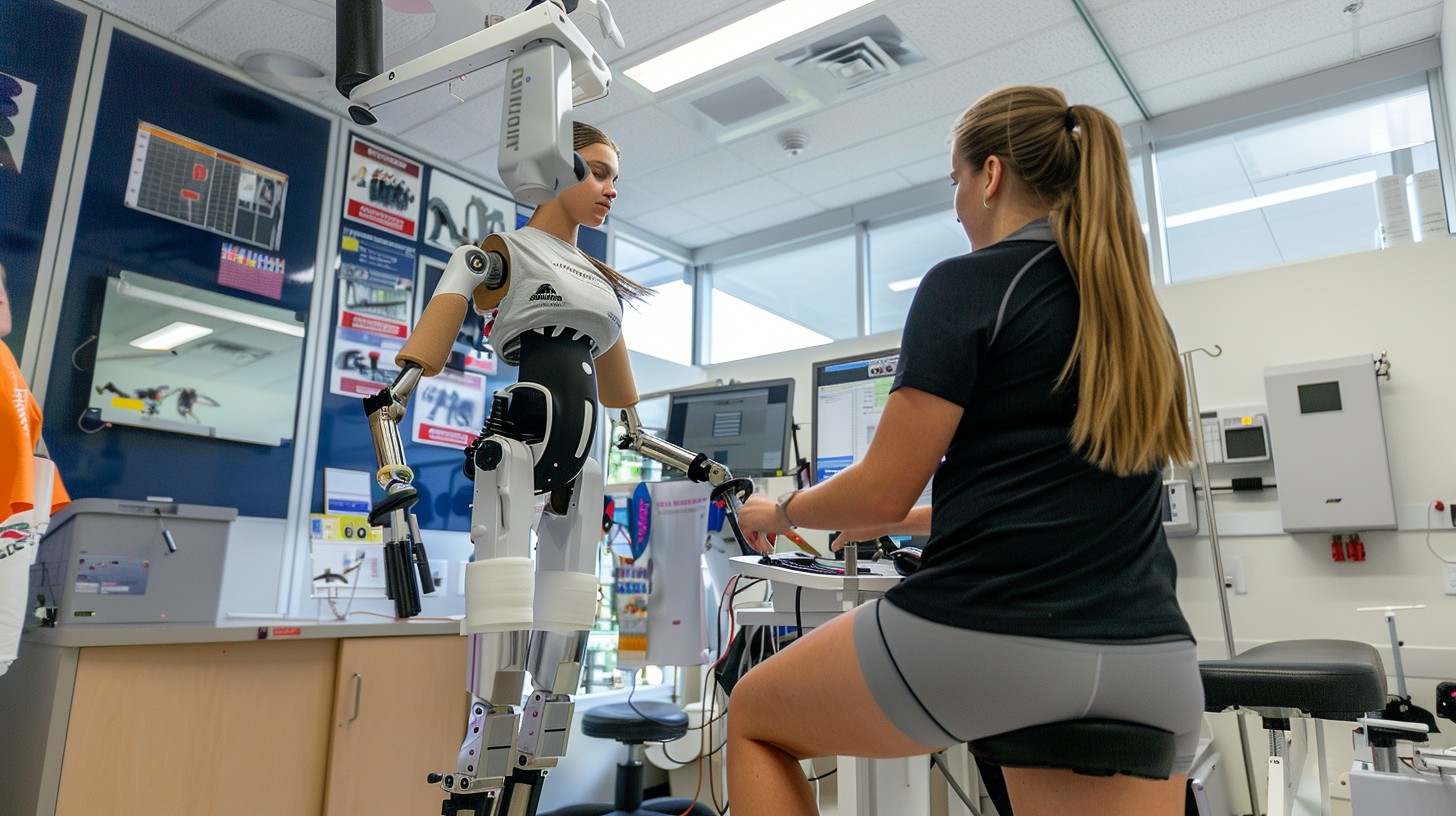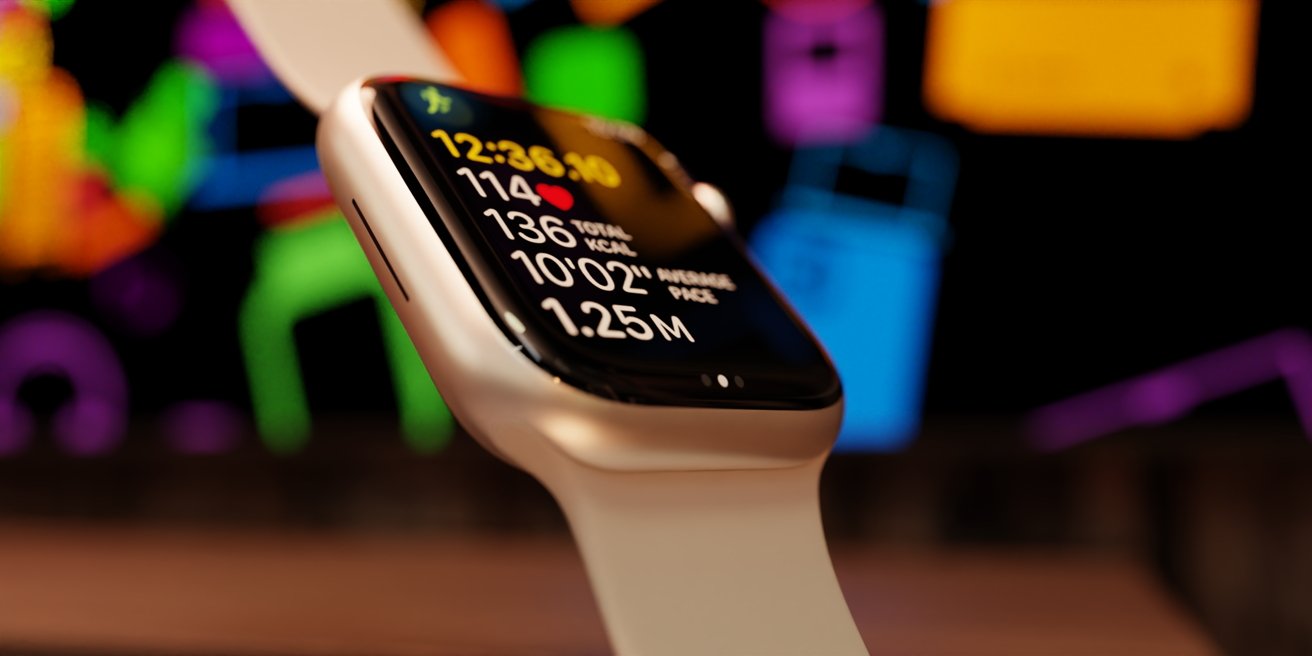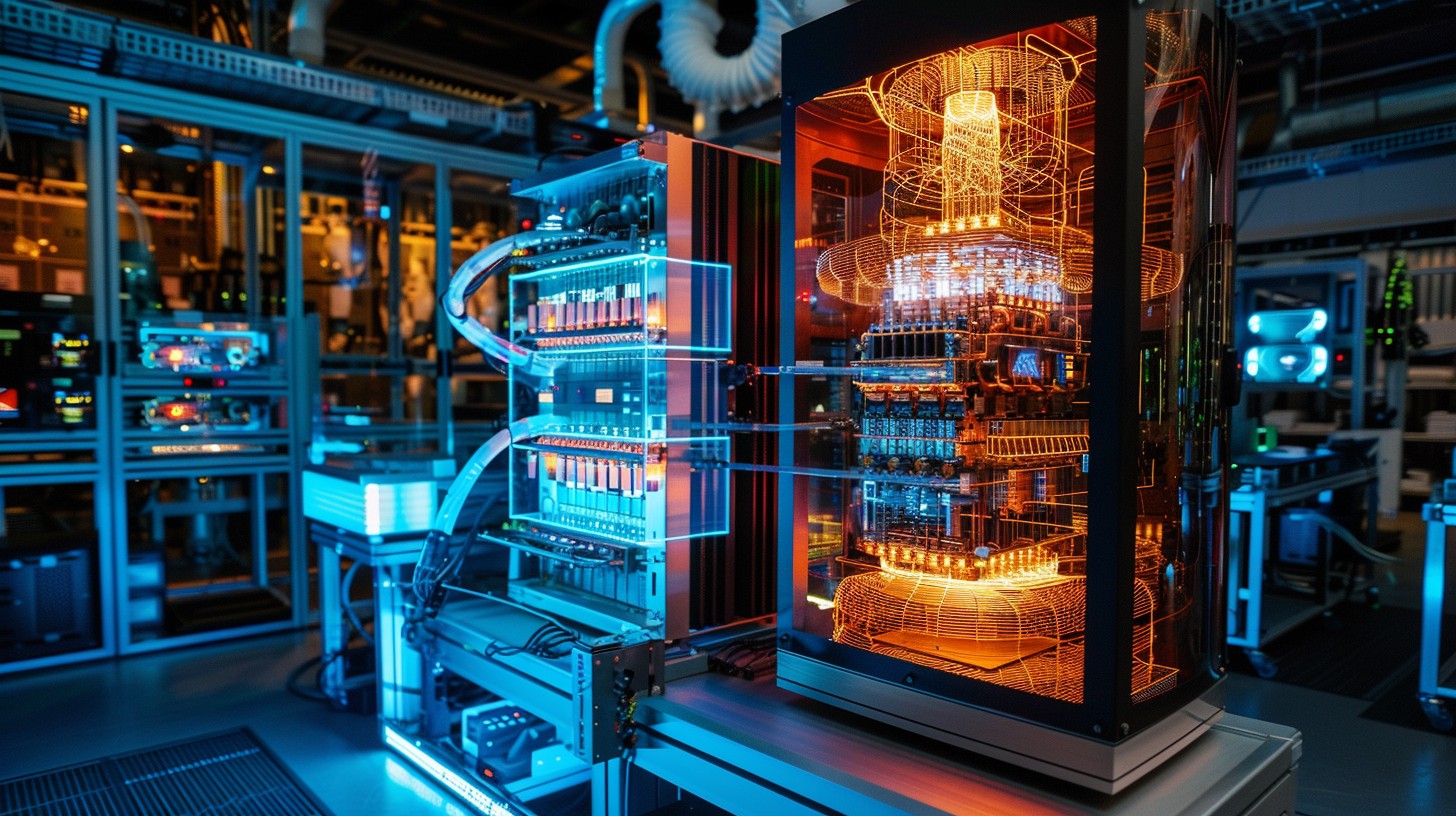The Future is Now Tech Advancements Reshaping Our World. In today’s rapidly evolving world, technology is advancing at an unprecedented rate, reshaping industries, economies, and our everyday lives. From the moment we wake up, to the time we rest our heads, we are surrounded by innovations that would have seemed impossible just a few decades ago. As we step deeper into the 21st century, it is clear that technology is the primary driver of change, pushing the boundaries of what we can achieve and revolutionizing every sector.
AI and Machine Learning: Powering the Next Wave of Innovation
One of the most significant technological advancements reshaping our world is Artificial Intelligence (AI) and Machine Learning (ML). These technologies have evolved from mere concepts to essential tools driving automation, productivity, and efficiency across industries. AI systems are capable of analyzing vast amounts of data, identifying patterns, and making decisions faster than humans. Whether it’s chatbots revolutionizing customer service or AI-driven algorithms optimizing supply chains, AI is quickly becoming an integral part of our daily lives.
Machine learning, a subset of AI, allows computers to learn from data and improve their performance over time without being explicitly programmed. This capability is especially vital in industries like healthcare, where ML algorithms are used to predict patient outcomes, analyze medical images, and even assist in drug discovery. AI and ML are transforming sectors as diverse as finance, healthcare, education, and entertainment, enabling unprecedented levels of innovation.
Quantum Computing: Revolutionizing Problem-Solving Capabilities
Quantum computing is another groundbreaking technology set to reshape the future. Traditional computers use bits (ones and zeros) to process information, but quantum computers leverage quantum bits (qubits), which can exist in multiple states simultaneously. This quantum phenomenon enables quantum computers to perform complex calculations at a speed unimaginable for classical computers.
This capability has enormous potential to revolutionize industries such as cryptography, where quantum computers could crack encryption codes in seconds, or materials science, where they can simulate molecular structures to discover new materials. The Future is Now. Quantum computing will drastically improve problem-solving capabilities, tackling challenges that were once thought insurmountable.
5G and Beyond: Hyper-Connectivity and the Internet of Things (IoT)
As we move into the next generation of connectivity, 5G technology is expected to revolutionize the way we interact with the digital world. 5G networks provide ultra-fast data transmission speeds, low latency, and increased network capacity, which will pave the way for more advanced technologies such as autonomous vehicles, smart cities, and virtual reality experiences.
Moreover, 5G is the backbone of the Internet of Things (IoT), a network of interconnected devices that communicate and share data. From smart refrigerators to wearable fitness trackers, IoT devices are becoming increasingly integrated into our daily lives. The Future is Now. Smart homes equipped with IoT-enabled appliances can optimize energy usage, enhance security, and offer convenience like never before. With 5G networks in place, the IoT ecosystem will flourish, enabling devices to work together seamlessly.
The Rise of Smart Cities: Urban Living Redefined
Smart cities represent the intersection of technology and urban development, creating more efficient, sustainable, and livable environments for city dwellers. With the help of AI, IoT, and big data analytics, smart cities use sensors and digital platforms to monitor and manage resources in real-time. This can optimize everything from traffic flow to energy consumption, making cities more sustainable and reducing the environmental impact. The Future is Now.
By 2025, we expect to see many urban areas around the world become fully integrated smart cities, where everything from public transportation to waste management is connected through intelligent systems. These advancements not only improve the quality of life but also reduce the strain on public resources. The Future is Now.
Automation and Robotics: The Workforce of the Future
Automation is no longer a distant concept, but a reality reshaping industries such as manufacturing, logistics, and retail. Robotics and automation technologies have become increasingly sophisticated, allowing machines to perform tasks that previously required human intervention. From self-checkout kiosks to robotic arms assembling cars, the use of automation is driving greater efficiency and cost reduction.
However, the impact of automation extends beyond the factory floor. In healthcare, robotic-assisted surgeries are becoming more precise, while in agriculture, drones and automated tractors are optimizing crop production. Although some fear that automation will displace jobs, it is likely to create new opportunities in fields such as robotics engineering and AI development.
Sustainable Technologies: The Green Revolution
With growing concerns about climate change, sustainable technologies are playing a crucial role in reshaping industries. Innovations in renewable energy, such as solar, wind, and hydroelectric power, are helping reduce our reliance on fossil fuels. Advancements in battery technology are also improving energy storage solutions, making renewable energy more accessible and efficient.
In addition, electric vehicles (EVs) are transforming the transportation sector. Major automakers are investing heavily in EV technology, and as battery costs continue to fall, EVs are becoming more affordable for consumers. Green building technologies, such as smart thermostats and energy-efficient materials, are also contributing to a more sustainable future.
Biotechnology and Genetic Engineering: Advancing Healthcare
The healthcare sector is experiencing rapid transformation due to advancements in biotechnology and genetic engineering. CRISPR technology, a revolutionary gene-editing tool, allows scientists to modify DNA sequences with precision, offering the potential to cure genetic diseases and enhance crop yields. Personalized medicine, powered by genetic data, is enabling more tailored treatments for patients, improving outcomes and reducing side effects.
Moreover, biotechnology is playing a crucial role in developing new vaccines and treatments for diseases like cancer, Alzheimer’s, and even pandemics. As we enter a new era of biotech innovation, the possibilities for improving human health and longevity are limitless.
Virtual and Augmented Reality: Redefining Interaction
Virtual Reality (VR) and Augmented Reality (AR) technologies are rapidly advancing, offering immersive experiences that go beyond traditional media. VR headsets allow users to enter fully digital environments, while AR overlays digital information onto the physical world. These technologies are not only revolutionizing gaming and entertainment but also finding applications in fields like education, healthcare, and architecture.
For example, AR applications can help doctors visualize complex surgeries, while VR can provide immersive training environments for pilots or architects. As these technologies continue to develop, they will redefine the way we interact with both digital and physical spaces.
The Future is Now Tech Advancements Reshaping Our World
The future is now, and the technological advancements reshaping our world are only accelerating. From AI and quantum computing to 5G and biotechnology, the innovations driving our future will continue to challenge our limits and open new doors for progress. As we embrace these changes, the potential for improving industries, healthcare, and daily life becomes increasingly clear.



